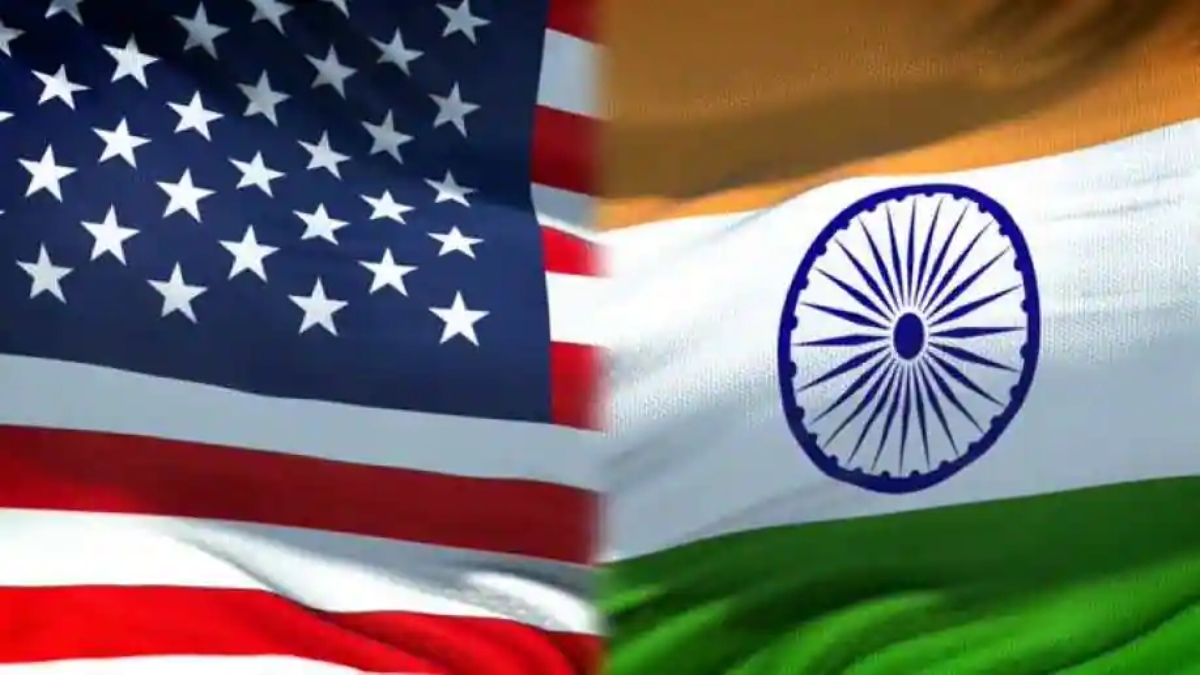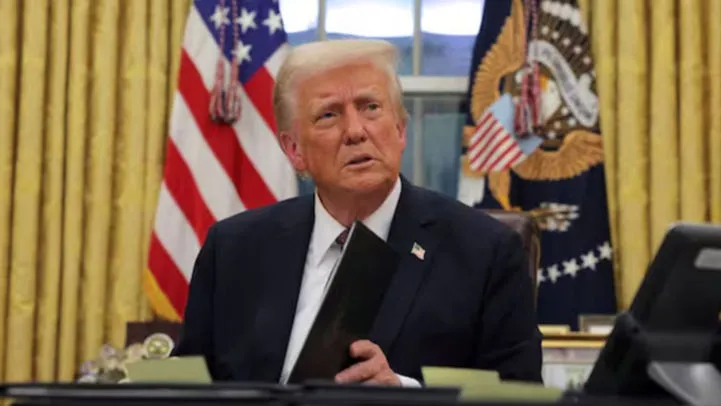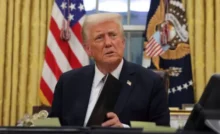Having achieved a huge success in their bilateral relations, two of the world’s greatest democracies – India and the United States of America should opt in favour of setting bold goals in order to take their relationship to a new high thereby achieving the ambitious target of $500 billion in bilateral trade echoes retired American Diplomat Atul Keshap, who recently became the new president of the US India Business Council (USIBC).
“I think it’s vitally important that we show that democracies can deliver; that the United States and India can be a driver of global growth and a model for prosperity and development in the 21st century,” Keshap said.
During his illustrious career, the veteran diplomat has served in various capacities with the US State Department. He has been the US Ambassador to Sri Lanka and the Maldives and has also served as the Principal Deputy Assistant Secretary of State.
In 2021, he took over as the Chargé d’affaires of the United States mission to India and has been instrumental in shaping the US-India ties under the Joe Biden administration.
“I feel it’s critically important that we show that open societies powered by a free enterprise can be relevant for their people and can help power the world out of this pandemic. I tend to agree entirely with President Biden and PM Narendra Modi that the US India Partnership is a force for global good and it’s going to have a huge impact on economic growth,” he said.
Keshap feels that USIBC is the podium where he can give his best and help the people from both countries. “We need to move forward on the global trade agenda. We need to ensure the prosperity of the future, especially after this pandemic,” he said.
The 50-year-old diplomat reflected on the vision set by Biden, about potentially having a $500 billion trade in goods and services between the US and India. “That’s a very ambitious number and I believe in it. It is a great idea to try to have ambitious targets, else we are on a standstill” he said.
Having donned the new role recently, Keshap said he wants to help meet that $500 billion bilateral trade goal. “This is where the government and the private sector have to work together hand-in-hand,” he said.
“We have to articulate the benefits and have to convince all our stakeholders that there is value in lowering trade barriers, in creating strong standards and in creating positive ecosystems. There is value in dealing with small technical issues that might be creating a blockage to greater prosperity between our countries,” Keshap said.










